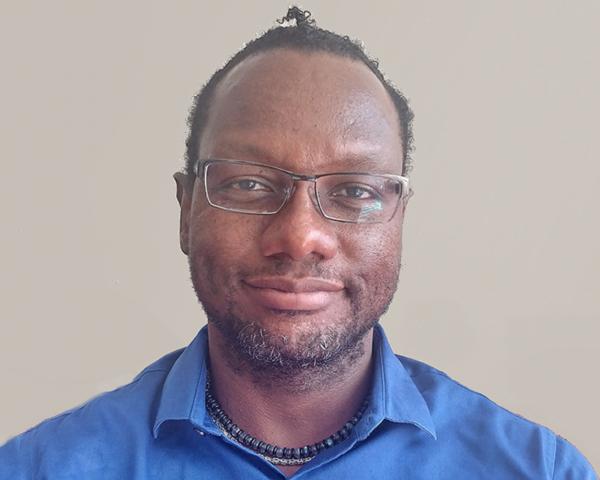Pursuit of Knowledge as a Passion
A Q&A with Charles Watson
Why did you pursue philosophy in your doctoral studies?
I grew up in Baltimore, Maryland. I like to say I grew up in the shadow of John Hopkins Hospital. I was like many undergraduates thinking about a career in medicine. I worked at Hopkins in a few research labs. I worked in a cardiology research lab and a cardiac surgery research lab. I went to Columbia University as an undergraduate.
I had an Air Force ROTC scholarship. I found that ROTC wasn’t for me and stepped away from that. That opened up space for me to consider things that I haven’t looked at before. I was very driven at that time by pursuing my passion. Many of us as undergrads are living out our parent’s dreams. Like what mothers and fathers would want for their kids.
Then, I got to Columbia and sort of explored what my passion is. At Columbia there is this core curriculum noted for its study of the great works of the Western tradition, and when I was a first-year student I took a course titled Contemporary Civilization, masterpieces of western philosophy and culture. A year-long survey course where we read from Plato’s Republic through by the end of the year and (Michel) Foucault’s Discipline and Punishment. I was introduced to this intellectual tradition and philosophy.
I thought Philosophy was the most noble of pursuits. The quest after wisdom, the search after knowledge to try to figure things out was just one of the most noble pursuits. That is what a philosopher is, a lover of wisdom. I love ideas and I love trying to make sense of things. I love talking to people about ideas.
